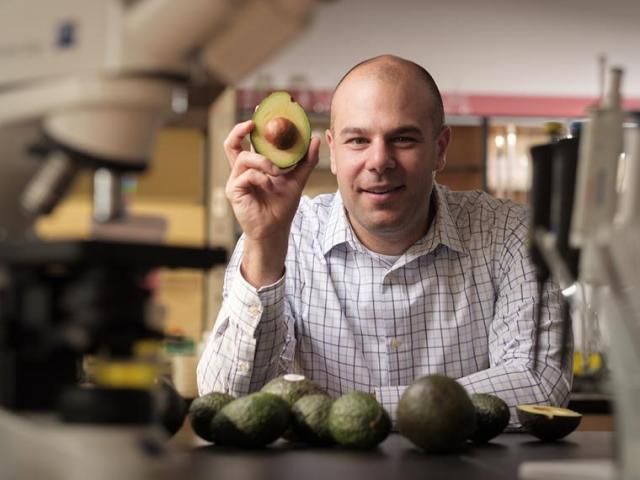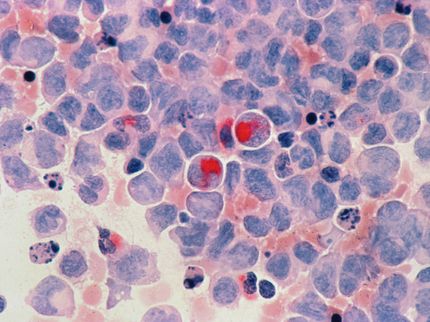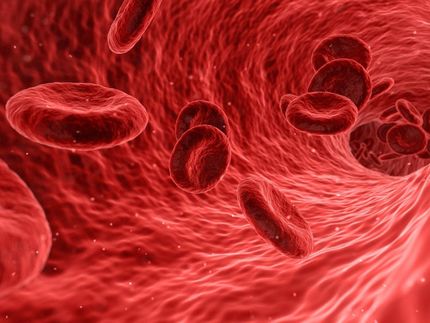Avocado discovery may point to leukemia treatment
A compound in avocados may ultimately offer a route to better leukemia treatment, says a new University of Guelph study.

A compound in avocados may ultimately offer a route to better leukemia treatment, says a new University of Guelph study.
University of Guelph
The compound targets an enzyme that scientists have identified for the first time as being critical to cancer cell growth, said Dr. Paul Spagnuolo, Department of Food Science.
Published recently in the journal Blood, the study focused on acute myeloid leukemia (AML), which is the most devastating form of leukemia. Most cases occur in people over age 65, and fewer than 10 per cent of patients survive five years after diagnosis.
Leukemia cells have higher amounts of an enzyme called VLCAD involved in their metabolism, said Spagnuolo.
"The cell relies on that pathway to survive," he said, explaining that the compound is a likely candidate for drug therapy. "This is the first time VLCAD has been identified as a target in any cancer."
His team screened nutraceutical compounds among numerous compounds, looking for any substance that might inhibit the enzyme. "Lo and behold, the best one was derived from avocado," said Spagnuolo.
Earlier, his lab looked at avocatin B, a fat molecule found only in avocados, for potential use in preventing diabetes and managing obesity. Now he's eager to see it used in leukemia patients.
"VLCAD can be a good marker to identify patients suitable for this type of therapy. It can also be a marker to measure the activity of the drug," said Spagnuolo. "That sets the stage for eventual use of this molecule in human clinical trials."
Currently, about half of patients over 65 diagnosed with AML enter palliative care. Others undergo chemotherapy, but drug treatments are toxic and can end up killing patients.
"There's been a drive to find less toxic drugs that can be used."
Referring to earlier work using avocatin B for diabetes, Spagnuolo said, "We completed a human study with this as an oral supplement and have been able to show that appreciable amounts are fairly well tolerated."
Original publication
Most read news
Other news from the department science

Get the life science industry in your inbox
By submitting this form you agree that LUMITOS AG will send you the newsletter(s) selected above by email. Your data will not be passed on to third parties. Your data will be stored and processed in accordance with our data protection regulations. LUMITOS may contact you by email for the purpose of advertising or market and opinion surveys. You can revoke your consent at any time without giving reasons to LUMITOS AG, Ernst-Augustin-Str. 2, 12489 Berlin, Germany or by e-mail at revoke@lumitos.com with effect for the future. In addition, each email contains a link to unsubscribe from the corresponding newsletter.
Most read news
More news from our other portals
Last viewed contents























































